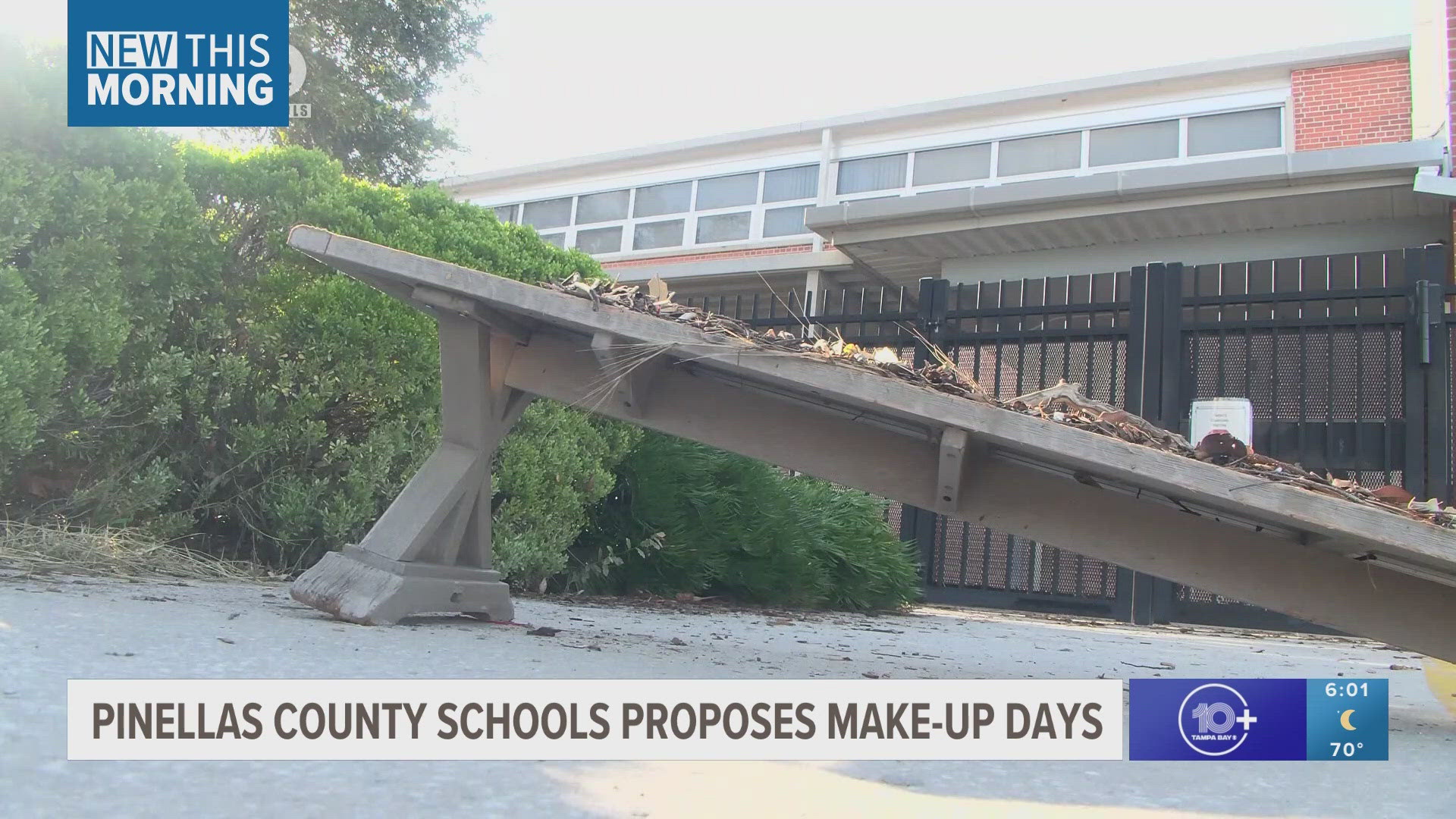TALLAHASSEE, Fla. — Florida education leaders have decided how the state's controversial new bathroom law will be enforced among college staff and students.
The Florida State Board of Education voted Wednesday to approve a new rule that outlines how college staff will be disciplined if they violate HB 1521 — the law that requires people to use bathrooms that align with their sex assigned at birth.
Under the rule, employees who use a bathroom that does not align with their sex at birth, despite being asked to leave, will face verbal warnings, written reprimands, suspension without pay, or termination.
And if employees break the bathroom law twice, the rule requires colleges to fire them.
The board's new guidelines also say that the law will be enforced in student housing facilities, meaning that students will have to use bathrooms that align with their sex at birth in their own dorms as well as on campus.
It's important to note that this rule is the state board of education's interpretation of the Florida law. The law itself states that people must use bathrooms that align with their biological sex but does not outline how students and staff should be reprimanded if they break the law.
Individual colleges are required to outline their own disciplinary procedures "for any student who willfully enters a restroom or changing facility designated for the opposite sex," according to the legislation.
The Florida College System operates separately from the State University System, although both are governed by officials appointed by Gov. Ron DeSantis.
Historically, education officials have supported measures pushed by the governor, including a law that prevents teachers from referring to transgender students by their preferred pronouns and restricts teachings on gender identity and sexual orientation.
Lawmakers who approved the bathroom law said it was about protection and safety. But, advocates from the LGBTQ community say it puts transgender kids and adults in danger.
Another bill banning gender-affirming care for minors was signed into law in May.
Beginning July 1, 2024, a person may submit a complaint to the attorney general if they feel a school or state agency is failing to meet the minimum requirements for restrooms and changing facilities required by the law.



